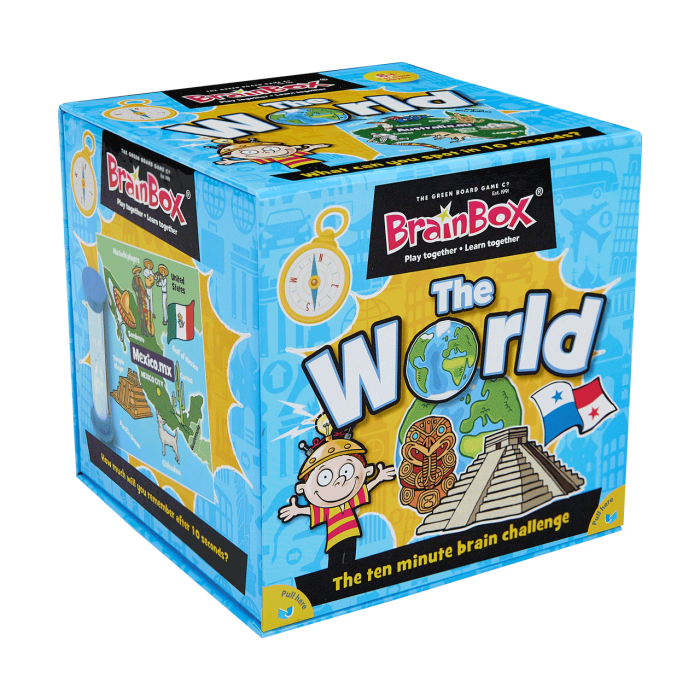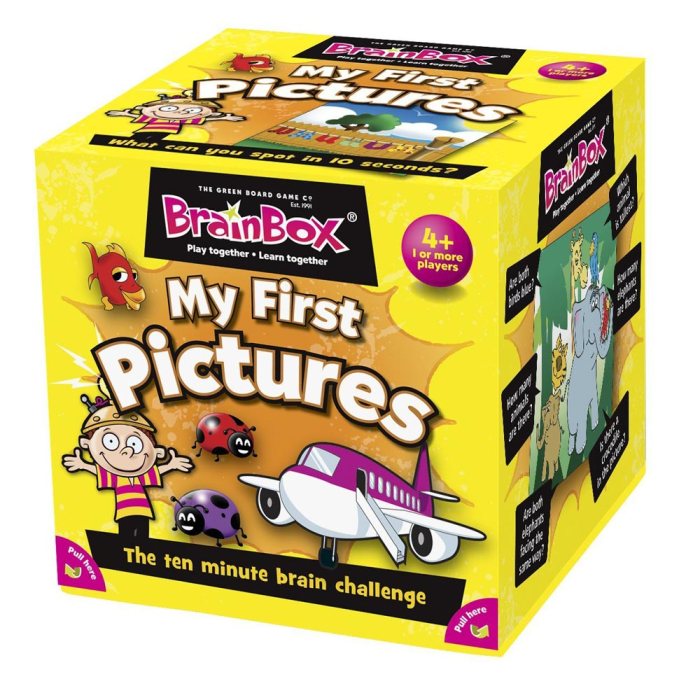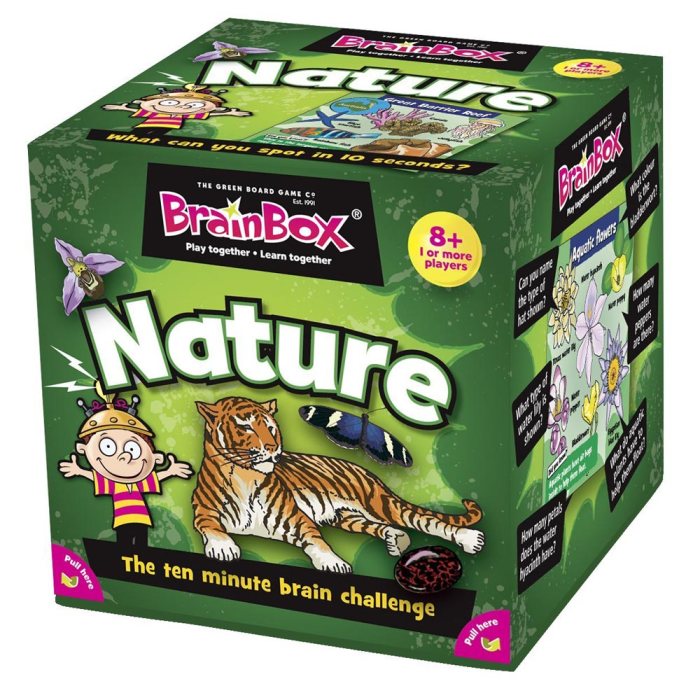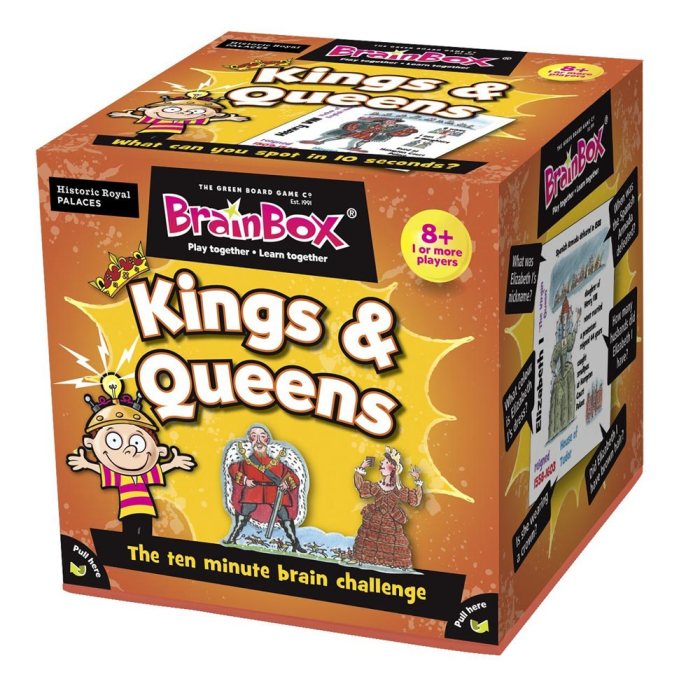Unveiling the intricate relationship between crossword clue part of the brain, this discourse delves into the fascinating cognitive processes and neural mechanisms that underpin this beloved pastime. From the initial encounter with a cryptic clue to the triumphant moment of solving it, crossword puzzles engage a symphony of brain regions, offering a unique window into the complexities of human cognition.
Crossword puzzles are not merely a form of entertainment; they are cognitive challenges that stimulate various aspects of our mental abilities. Solving crossword clues requires a multifaceted interplay of language processing, problem-solving, memory retrieval, and inference, making them an ideal tool for exploring the intricate workings of the human brain.
Brain Anatomy and the Crossword Clue

Solving crossword puzzles engages multiple brain regions involved in language processing and problem-solving. The left hemisphere, particularly the temporal and frontal lobes, plays a dominant role in language comprehension and word retrieval.
Prefrontal Cortex
The prefrontal cortex, located in the frontal lobe, is crucial for higher-order cognitive functions, including working memory, planning, and problem-solving. During crossword puzzle solving, it helps maintain information in working memory and generates potential solutions.
Broca’s Area
Broca’s area, also in the frontal lobe, is responsible for speech production and language comprehension. It assists in retrieving words and forming meaningful sentences, essential for solving crossword clues.
Wernicke’s Area
Wernicke’s area, located in the temporal lobe, is involved in language comprehension and the interpretation of spoken and written language. It helps understand the meaning of crossword clues and match them to appropriate words.
Angular Gyrus, Crossword clue part of the brain
The angular gyrus, at the junction of the parietal and temporal lobes, plays a role in semantic processing and the retrieval of stored knowledge. It facilitates the retrieval of words and concepts related to crossword clues.
Hippocampus
The hippocampus, located in the medial temporal lobe, is involved in memory formation and retrieval. It assists in accessing stored knowledge and memories to help solve crossword clues.
Cognitive Processes in Crossword Solving

Solving crossword puzzles engages a variety of cognitive processes, including pattern recognition, memory retrieval, and inference. These processes work together to help solvers decode the clues and fill in the grid.
Pattern Recognition
Pattern recognition is essential for identifying the hidden words in crossword clues. Solvers must be able to recognize patterns in the letters of the clue, such as anagrams, homophones, and abbreviations.
- For example, the clue “A synonym for ‘run'” might be solved by recognizing the pattern “run” in the word “jog.”
- Another example is the clue “A type of bird that is often found in forests” might be solved by recognizing the pattern “owl” in the word “woodland.”
Memory Retrieval
Memory retrieval is also crucial for solving crossword puzzles. Solvers must be able to retrieve information from their memory, such as the definitions of words, synonyms, and antonyms.
- For example, the clue “A type of flower that is often found in gardens” might be solved by retrieving the memory of the word “rose.”
- Another example is the clue “The capital of France” might be solved by retrieving the memory of the word “Paris.”
Inference
Inference is the process of drawing conclusions based on evidence. Solvers must be able to use inference to decode clues that are not explicitly stated.
- For example, the clue “A person who is very intelligent” might be solved by inferring that the answer is “genius.”
- Another example is the clue “A place where people go to learn” might be solved by inferring that the answer is “school.”
Neural Plasticity and Crossword Puzzles: Crossword Clue Part Of The Brain

Crossword puzzles are mentally stimulating activities that have been shown to have positive effects on brain health and cognitive function. The act of solving crossword puzzles engages multiple cognitive processes, including memory, attention, and problem-solving, which can help to strengthen neural connections and promote neuroplasticity.
Neuroplasticity refers to the brain’s ability to change and adapt throughout life in response to new experiences and learning. When we engage in activities that challenge our cognitive abilities, such as solving crossword puzzles, we stimulate the growth of new neural connections and strengthen existing ones.
This process can lead to improvements in cognitive function, such as enhanced memory, increased attention span, and improved problem-solving skills.
Cognitive Enhancement
Studies have shown that regular crossword puzzle solving can contribute to cognitive enhancement in both healthy individuals and those with cognitive impairments. For example, a study published in the journal “Neurology” found that older adults who engaged in crossword puzzle solving for just 30 minutes per day showed improvements in episodic memory, which is the type of memory that is responsible for recalling specific events and experiences.
Another study, published in the journal “JAMA Internal Medicine,” found that crossword puzzle solving was associated with a reduced risk of dementia and Alzheimer’s disease. The study followed over 2,000 older adults for an average of 12 years and found that those who engaged in crossword puzzle solving had a 47% lower risk of developing dementia and a 35% lower risk of developing Alzheimer’s disease.
Educational Implications of Crossword Puzzles

Crossword puzzles offer a range of educational benefits, particularly in the areas of language acquisition and vocabulary development. These puzzles engage various cognitive processes, including word recognition, spelling, and problem-solving. By completing crosswords, individuals can enhance their vocabulary, improve their spelling skills, and develop their ability to think critically and creatively.
Language Acquisition and Vocabulary Development
Crossword puzzles provide a rich environment for language learners to expand their vocabulary. The puzzles often include unfamiliar words or terms, which learners must decipher using context clues and their existing knowledge. This process helps learners acquire new words and improve their understanding of the language’s structure and usage.
Commonly Asked Questions
What are the cognitive benefits of solving crossword puzzles?
Crossword puzzles stimulate a range of cognitive abilities, including language processing, problem-solving, memory retrieval, and inference. They can improve vocabulary, enhance cognitive flexibility, and promote neuroplasticity.
Can crossword puzzles help improve brain health?
Studies have shown that regular crossword puzzle solving may contribute to better cognitive function in older adults, reducing the risk of cognitive decline and dementia. It may also promote neuroplasticity, the brain’s ability to adapt and change in response to new experiences.